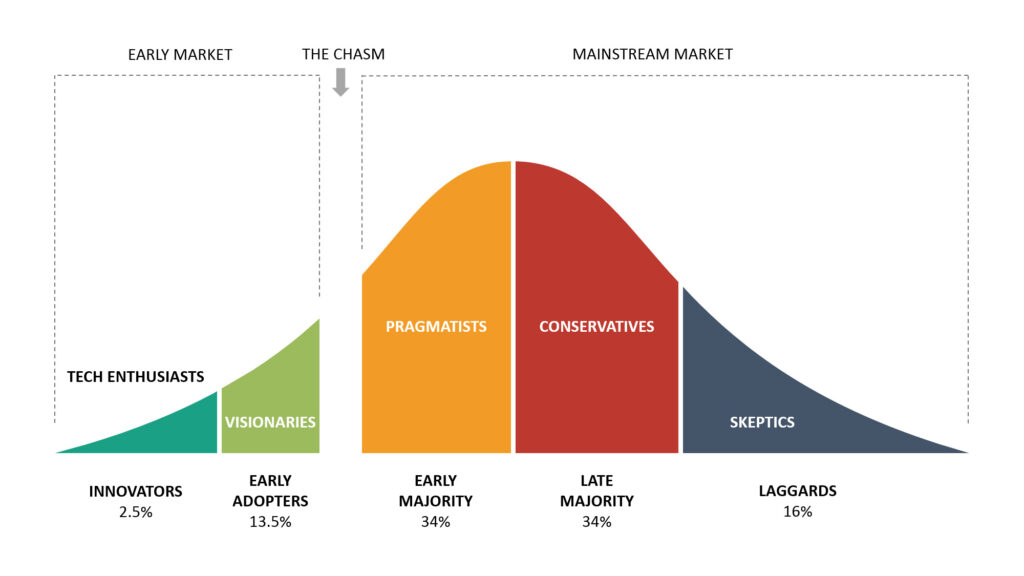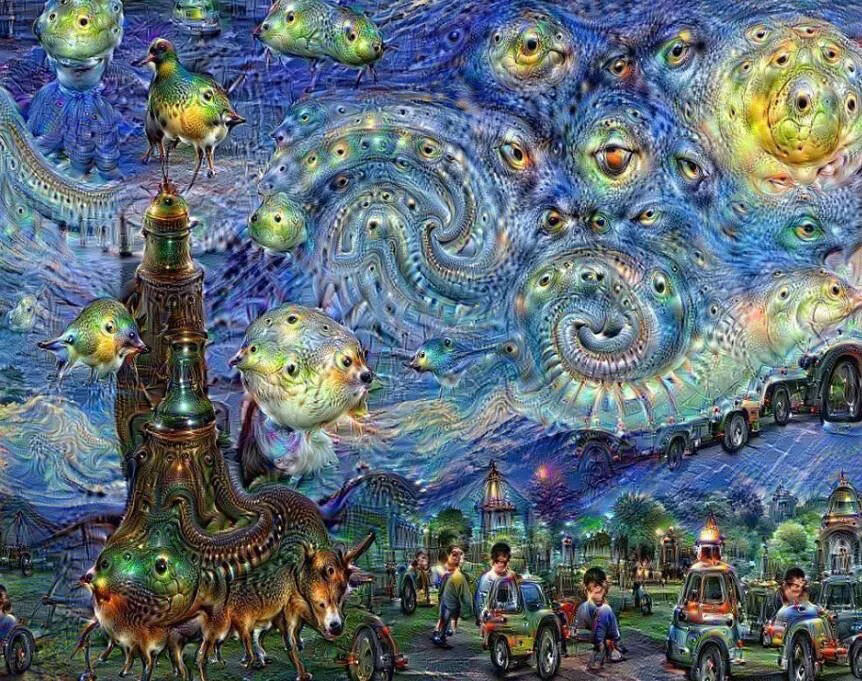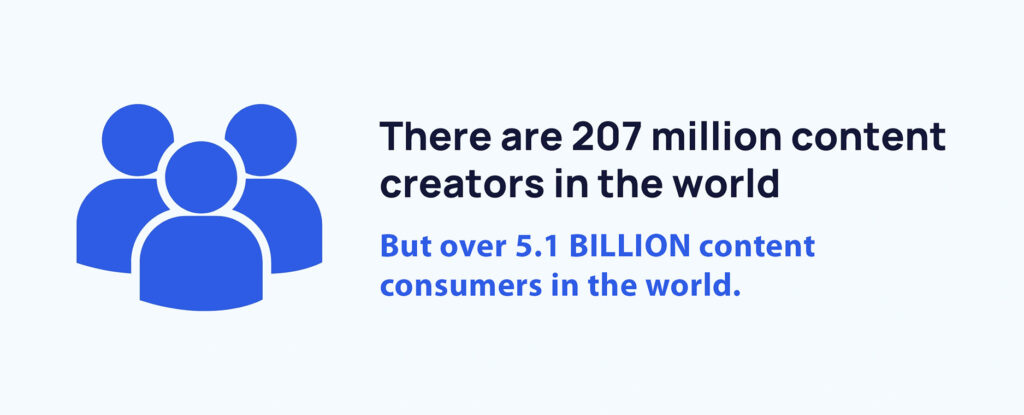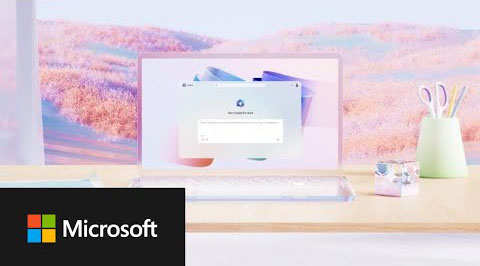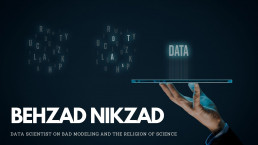
Matt Wong
Chief Writer
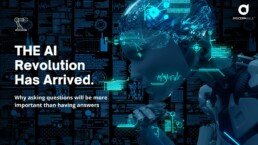
Consider the major revolutions of history:
- Agricultural revolution 10,000-5,000 BC
- Printing press 1400s
- Industrial revolution 1700s-1900s
- Information revolution 1950s-2000s
- Digital revolution ~1990s-2005
- Mobile revolution ~2005-2020
- AI revolution ~2022+
This layout is time/event based. Another way to think of technological revolutions is systems based. This is why you keep hearing about ‘the fourth industrial revolution’ which looks like this:
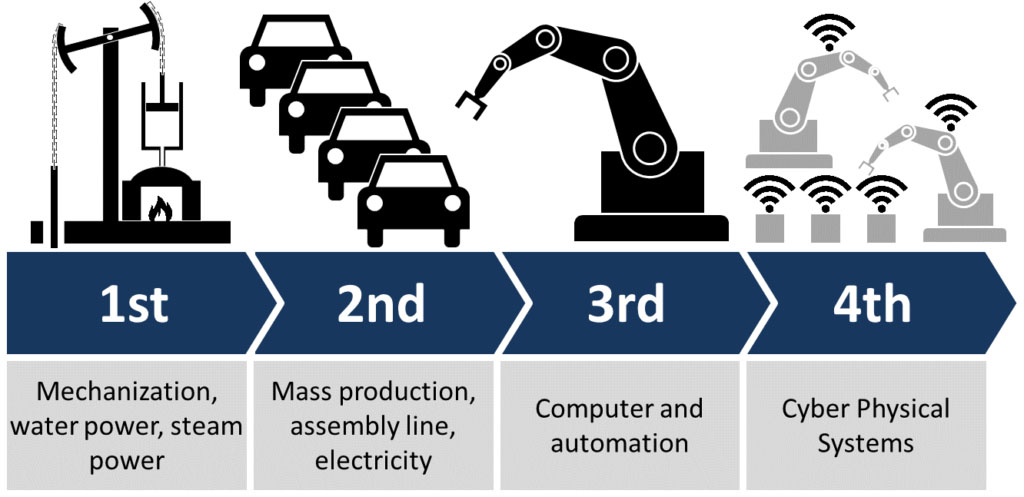
No matter how you think of revolutions, they are all ultimately defined by how significantly they change the way humans live.
We have all become de-sensitised to claims of ‘technological breakthrough!’ because they are usually overblown, myopic and have no significant effect on how humans live. Sometimes they never will, sometimes they are simply early. Current example: the Metaverse.
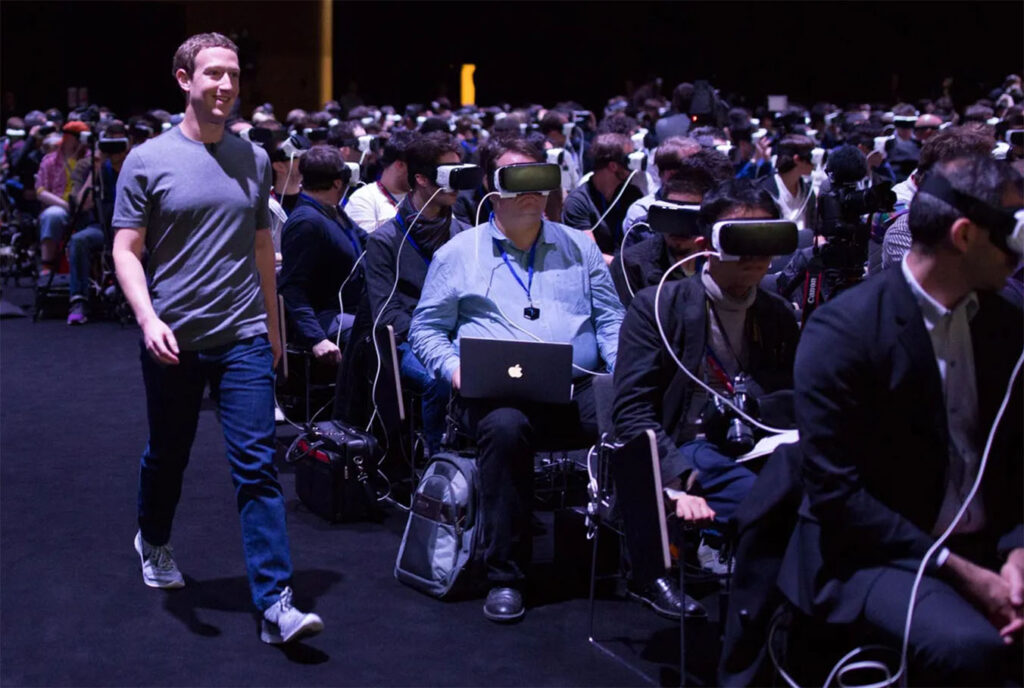
This ‘failure to launch’ is normal and to be expected in the advent of new technology. Tech needs to be birthed, tried and tested in the natural game of ‘survival of the fittest’.
Thus it’s easy to dismiss the latest ‘groudbreaking app’ as just more hype designed to line the pockets of a corporation. It’s probably just a fad that will die in a year’s time right?
Park that cynicism for a moment as you watch this video from Microsoft. Ask yourself whether you are witnessing vaporware, empty hype, or something more:
I believe it’s something more. Let me explain by way of a story:
In 2022 we shrank our staff count (deliberately – to extend our startup’s runway). In the strive to maintain output we attempted to automate or accelerate much of our daily tasks. Nearly all automated tools and assistants were eventually jettisoned because their effort:benefit ratio didn’t make sense.
Except for OpenAI’s ChatGPT.
We have now permanently integrated ChatGPT3.5 into a large number of our workflows, and our day to day looks very different to just 6 months ago. Not only is generative, predictive AI speeding up and enabling content creation with fewer staff, it’s changing the way we create.
But wait, there’s more! We are hearing from housewives, seniors(!) and from nearly every business we consult for…everyone is experiencing the same paradigm shift.
The common refrain is that they now rely on AI to such an extent that they cannot imagine life without it. Kind of like imagining living and working without the internet.
AI is now a contagion.
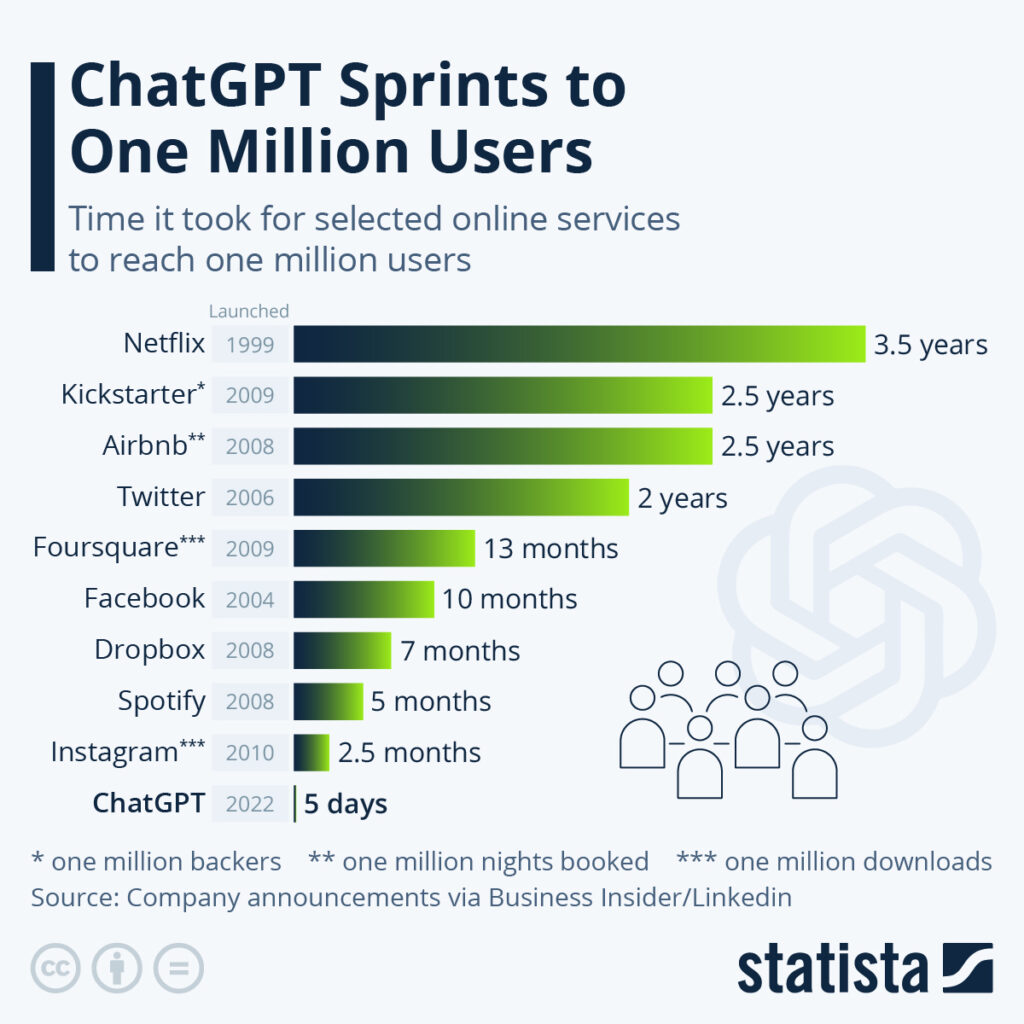
We are witnessing a technological revolution with generative AI and few are ready to adapt like Millennials are. Fellow travellers born loosely around 1981-1996 will remember what it’s like to learn and grow on both sides of ‘the internet’.
Thanks to fortuitous timing, we Millennials understand the internet both natively and as adopted phenomena.

This is unlike Generation X whose young minds were formed pre-internet but have since adopted it as a tool for life.
Millennials are even more unlike Generation Z (so called ‘Digital Natives’) who were born into a digital era, their brains forming in a world rich with information and instant connection.
I truly appreciate and feel the wonder of broadband internet because dial-up, failed connections and information scarcity is a visceral and lived reality.
But I also share the natural fluency for the digital world that Gen Z has, finding it easy to be an ‘early adopter’ of tech.
That Microsoft ad above is actually just a collection of use-cases that are already happening TODAY. But it seems to be happening in the lives of the ‘early majority’, not just the ‘early adopter’ category.
With smart integrations, we are going to blow right past ‘the chasm’ or ‘the tipping point’.
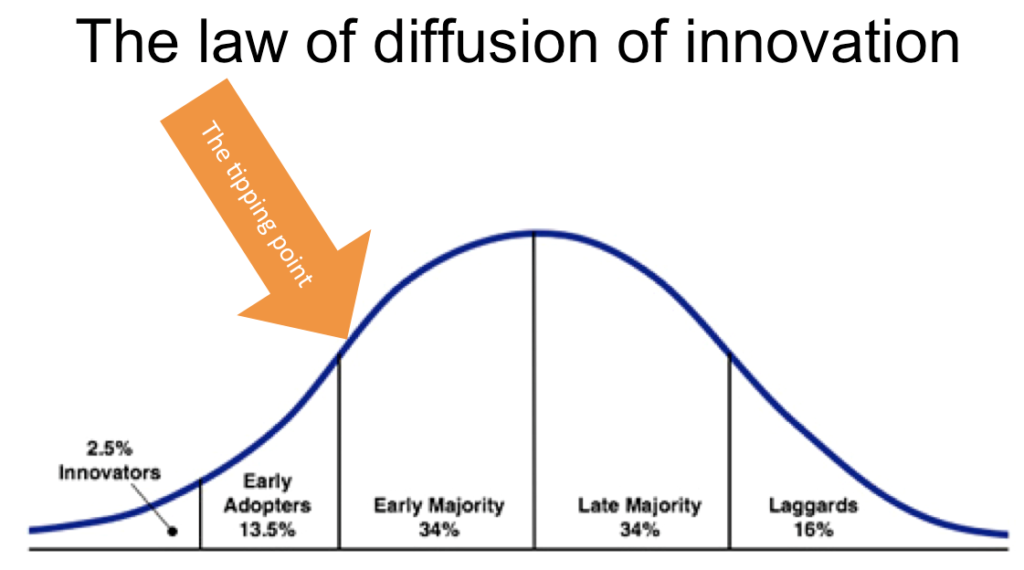
Why? Because this revolution is PRAGMATIC. It’s practically improving the lives of people and businesses everywhere. The ‘Early Majority’ are in fact…pragmatists. They adopt tech if it makes sense. And large language models make sense to our everyday lives.
